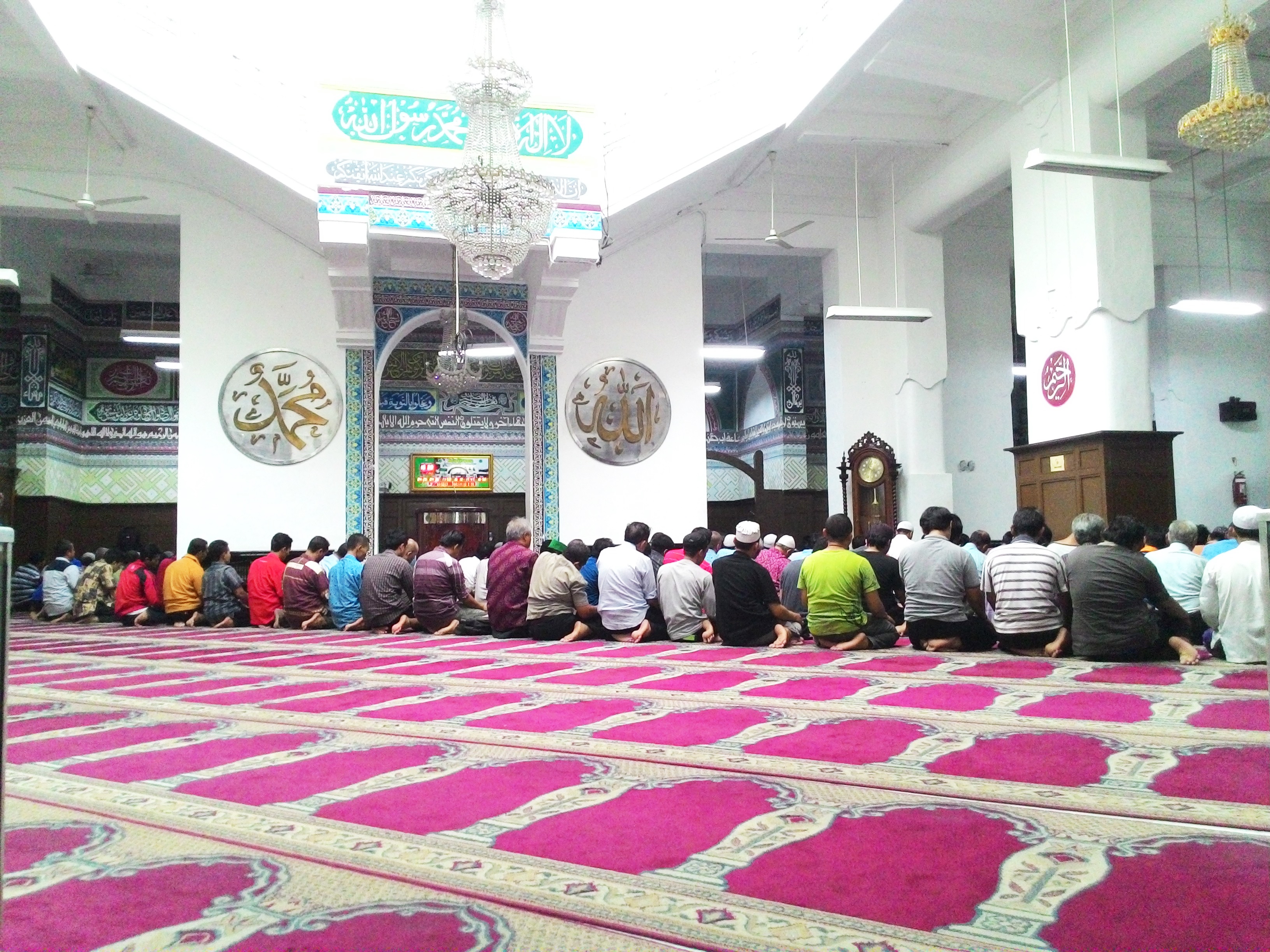
In honour of Ramadan, we asked guides around the globe how they celebrate the holy month in their home. Here’s what Candha, a local tour guide in Jakarta, told us about Ramadan in his city.

Istiqlal Mosque is the biggest mosque in Southeast Asia — appropriate since Indonesia also holds the largest Muslim population of any country in the world! Yet, even more interesting than its size (it can accommodate more than 120,000 people) is its location: side-by-side with the Jakarta Cathedral. There is harmony and tolerance between Christian and Muslim faiths in Jakarta.
On the first day of fasting during Ramadan, it’s important to break fast with your family. Right after work, the streets are crowded as Muslims rush home for this important family time and for Maghrib, the prayer right after sunset. There’s a lot of street food, particularly stalls selling sweets, which are needed to help you get your energy back. We call these treats ta’jil, and they range from sweet drinks to traditional cakes to fruit. Some popular treats are kolak pisang (coconut milk and bananas), selendang mayang (flour, pandan leaves, jackfruit, and sugar), bubur kacang hijau (mung beans porridge with coconut milk and sugar), pukis (cake made from coconut milk), martabak manis (pancakes stuffed with chocolate, cheese, or fruit), pisang goreng (deep-fried bananas), and qurma (dates). Every mosque will serve ta’jil for free in the evenings when it’s time to break fast — typically tea and sponge cake.

We fast for 30 days, and during the last 10 days, the mosques are open 24 hours a day for prayers. Many devout Muslims choose to stay in the mosque for those 10 days, praying and reading the Quran.
After Ramadan, we celebrate Eid al-Fitr with our families, and many Jakartans head back to their hometowns outside the city. It’s a quiet time in Jakarta. Train tickets sell out two months before Eid, and we drop from a city of 13 million to only about 5 million during that time. There’s no congestion in the streets, as millions of people go home to honour the end of the fast with their loved ones.
Read more stories of Ramadan in our special-edition digital magazine.
Ramadan kareem: 7 stories of devotion
I’ve spent five years living in the Middle East ( based predominantly out of Cairo but also doing lengthy stints in Turkey and Morocco), and so non-Muslim travellers often ask me if Ramadan is a good time to visit the Islamic world.